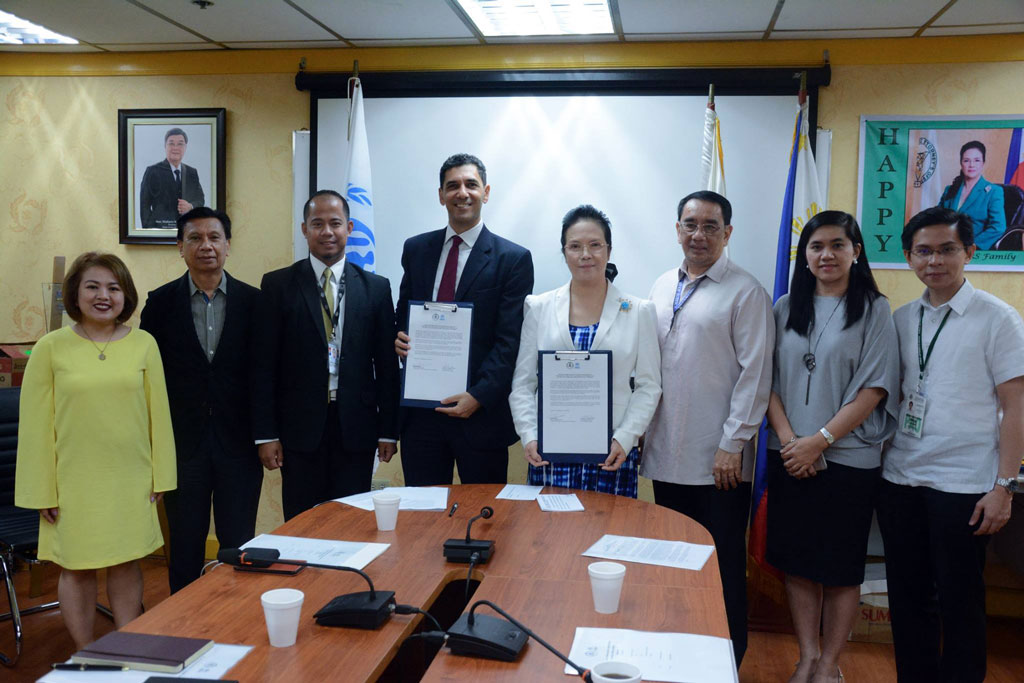
Snapshot
Entities sharing this good practice: Republic of the Philippines, Department of Justice-Refugees and Stateless Persons Protection Unit (DOJ-RSPPU)
Submitted by: Chief State Counsel George Ortha II
Partners: UNHCR Philippines
Visit their website: https://pao.gov.ph
In the Philippines, the Public Attorney’s Office (PAO), is the attached agency of the Department of Justice (DOJ) that provides indigent litigants free legal assistance, counselling and representation. Access to legal rights is necessary to ensure that persons of concern (POC) will have holistic protection in any country of asylum in the face of their vulnerability. Legal representation and assistance in asylum procedures is a means to enhance POC’s access to justice as enshrined in the 1951 and 1954 Conventions.
Considering possible barriers to access this important right, DOJ and UNHCR have engaged the PAO to ensure that free legal services can be an option for indigent POC to pursue, if needed.
Assistance to POC has even been included in the agency’s operational manual to guide Public Attorneys in managing POC cases. Given their legal expertise and familiarity on POC issues through capacity strengthening initiatives, PAO is in a good position and is equipped to provide the necessary legal assistance to POC. For example, PAO may provide legal representation or assistance to POC in administrative, civil or criminal cases, as well as representation before any administrative quasi-judicial and judicial agencies of the Philippine Government. This is a crucial service for POC as legal assistance can lead to better access to services, including appeals on denied asylum applications, which also assists their local integration.
The Memorandum of Understanding (MOU) between the PAO and UNHCR is an internal document. Republic Act 9406, which also provides for the mandate of the PAO to extend legal assistance to any indigent individual, can be accessed here.
